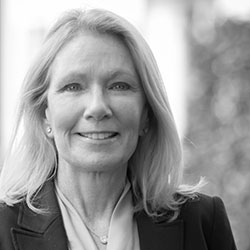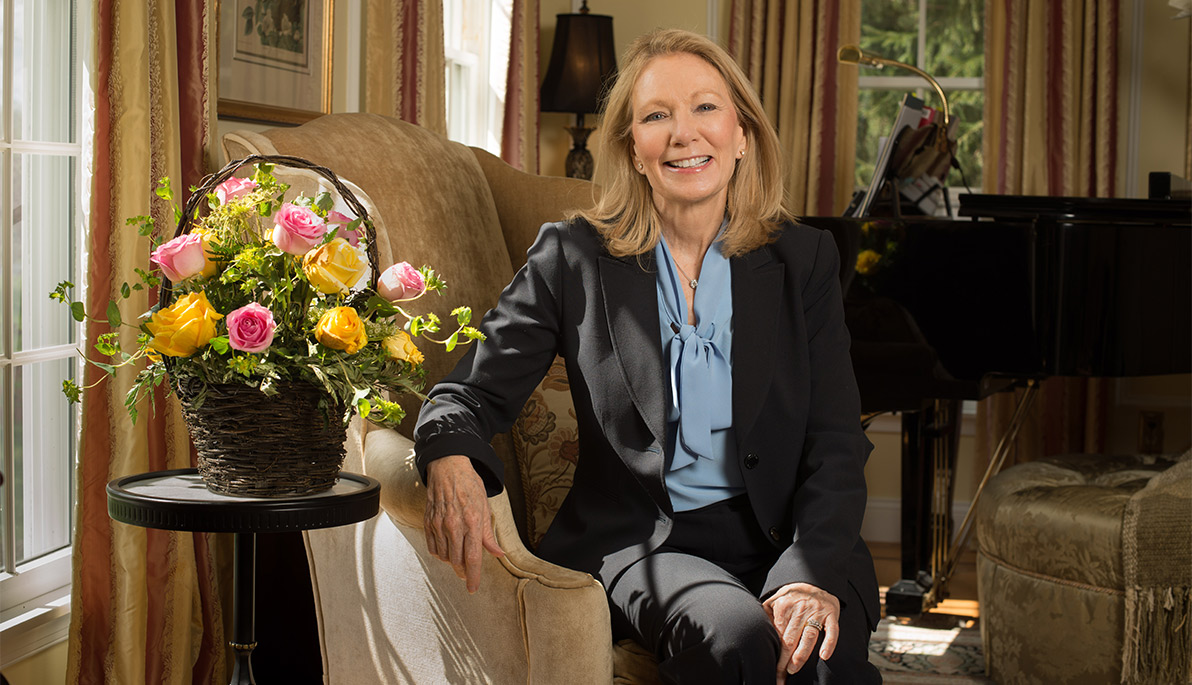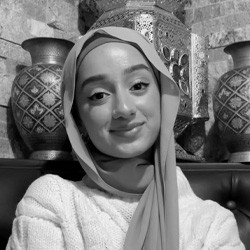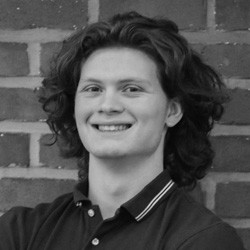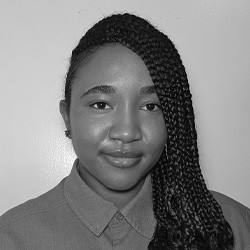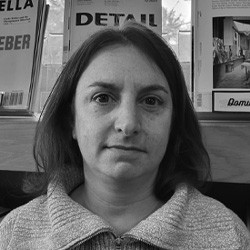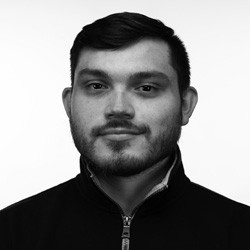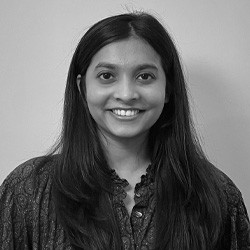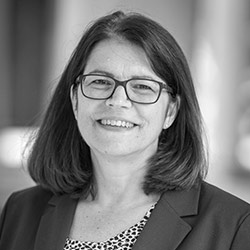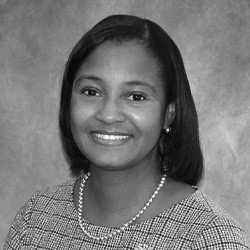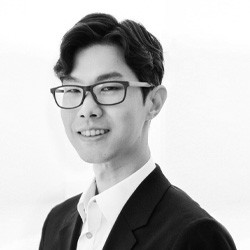“IT WAS A SMALL CLASS; there were only 36 of us,” says Barbara Connors, a member of the inaugural class at NYIT College of Osteopathic Medicine (NYITCOM). When NYITCOM was founded in 1977, Riland and Rockefeller were still in the blueprint stages and “dissections were held in a converted barn.” But the small size of the class and the feeling they were part of a school that could be something special made them like family. “It was more than a class. We were more like siblings. We really got to know each other well,” Connors recalls. The members of the first class also benefited from the newness of the school and the excitement and commitment of the professors. “They clearly had our best interest at heart,” says Connors. “They wanted us all to succeed.”
Before attending NYIT, Connors worked as a registered nurse at the United States Public Health Service Hospital in Staten Island. Several of the doctors there encouraged her to apply to medical school. The fledgling NYITCOM was not yet accredited, but Connors sent in her application and won a public health scholarship to the school, which meant her tuition and books were covered and that she received a stipend for living expenses. “With the scholarship, I was ultimately able to give back to the community by practicing in a physician-shortage area. I worked where no other doctor would go,” says Connors.
Connors went on to train in internal and preventive medicine and received a Master of Public Health from the Medical College of Wisconsin. Her combination of skills and knowledge of government led to some unique opportunities. “I’ve done some incredible things because of my training,” she says. Connors worked on the ground after Hurricane Katrina addressing the occupational health needs for search and rescue personnel; she helped U.S. Customs and Border Protection agents manage an unusually high number of Tuberculosis cases; and she even traveled five miles underground to investigate coal mines and the health implications for miners.
For the past 11 years, Connors has served as chief medical officer at the Center for Medicare and Medicaid Services (CMS) in Philadelphia where she works with clinicians in six states to ensure they meet CMS requirements. It’s a demanding role and one that can make a real difference in the health of the country’s population. “I have been able to impact large groups of people, but I still believe it’s the doctors in the trenches who are pulling the motherlode,” says Connors, who lives in Moorestown, N.J., with her husband, Dr. John Junior and her three daughters. “The wheels move slowly in government, and we need more clinicians at the table. While there have been some positive changes to the practice of medicine, we still have much more work to do.”
